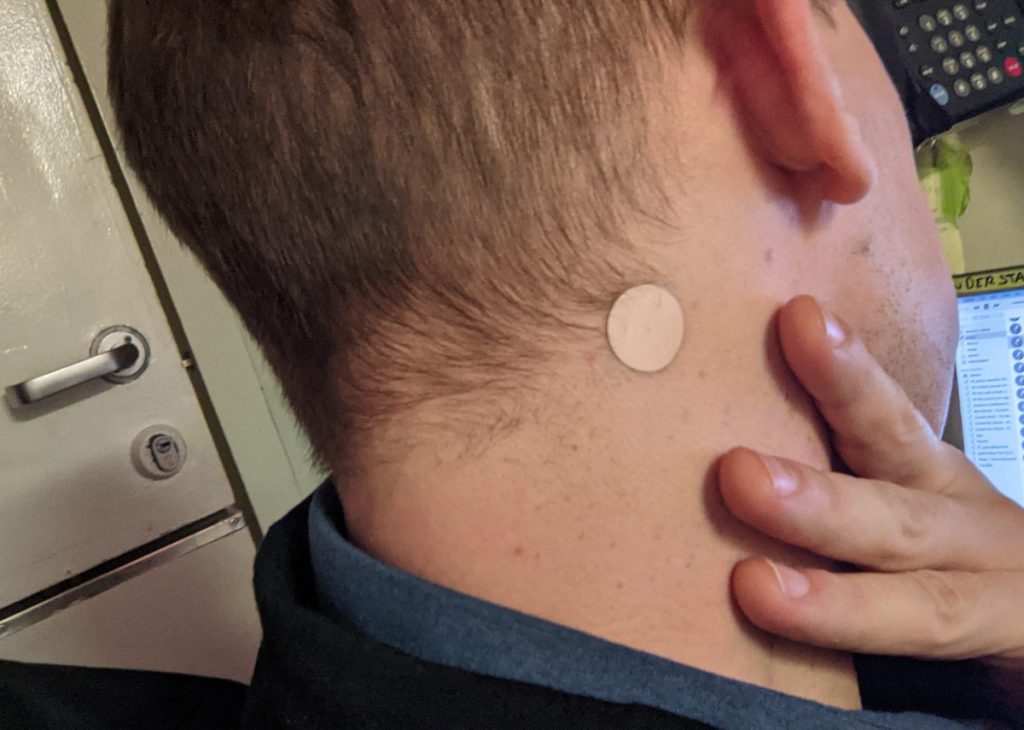Life at sea – Sea Sickness
By Lookout on Mar 18, 2021 with Comments 0
By Lt Jeff Klassen,
Public Affairs Officer
––
Welcome to my continued blog post series about what it’s like to be on the Canadian warship. Here we go:
Blog Post TWO: Sea Sickness
Sea sickness is a real issue. At the beginning of my sail in HMCS Regina during TGEX 1-21, the ship stayed in the relatively calm waters just south of Vancouver Island and everyone was happy and fresh faced looking forward to the exercise ahead.
However, between my second and third night, the ship met some choppier waters and throughout the night the boat swayed back and forth (from “port” to “starboard”, as they say) making it difficult to sleep.
The next morning everyone’s demeanour had completely changed. For those not sitting in front of the medic’s office staring blankly into space with bags under their eyes, the conversation topic of the day was how everyone was coping with sea sickness.
From what I can tell, getting sea sick is in no way a gauge of how good or tough of a sailor you are. I heard a senior officer, with years of experience in ships like Regina, complain about how they get sea sick from the beginning to the end of every sail they do. A colleague of mine who had sailed for years threw up in the hallway, thankfully into a sea sickness bag (I know you’re reading this – don’t worry I’m not using your name!).
Fortunately, when you do get sea sick, it seems that, with a mix of medication and your body adapting, you “get your sea legs”, as they call it, and are able to sort of manage working, even if you aren’t at one hundred per cent capacity.
In a weird way sea sickness shows how much the crew care and look out for each other. It was kind of nice to see people asking how each other was doing, swapping tips on how to cope, and comforting those who needed it.
Sure, people would occasionally smile and chuckle when they heard the story of so and so losing last night’s dinner, but they were laughing with not at. They were laughing because they had those similar experience themselves at some other time.
This isn’t necessarily a medical fact, as I heard it from someone on ship, but about 25 per cent of people are unaffected by sea sickness. I wish. For me, I got really nauseous and whenever I looked at a computer screen I’d start to get a headache. I tried fighting through it, but in the end I only really managed to get some relief by taking motion sickness pills (thank you Medtech Corporal Scott Edney), drinking lots of water, and laying down in my bunk for a few hours.
For some, the typical, brand-name, over-the-counter motion sickness medication is too weak or it makes them too drowsy. Many people request a special patch that they stick on their neck, sort of under their ear, and it slowly releases medicine over a three-day period. Some people – I hear – can never completely go off medication and they use it continuously for months at a time while sailing.
After about a week, I decided to go to the patch myself, it seemed to help but it’s not perfect.
––––
Filed Under: Top Stories
About the Author:






